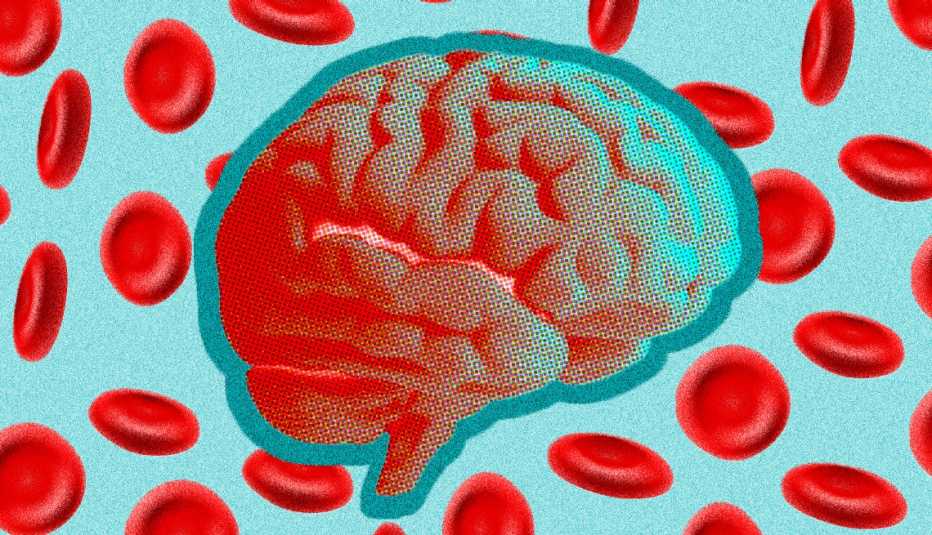A Simple Blood Test for Alzheimer’s? ‘It’s Not That Far Away’

A blood test that is being used in research studies but is not yet available in doctors’ offices was found to be highly accurate at detecting two defining characteristics of Alzheimer’s disease, a new study shows.
Health experts say the findings suggest we’re getting closer to having an easier, less expensive way to tell if a patient’s memory and thinking issues are due to Alzheimer’s, the most common form of dementia, which affects an estimated 6.7 million Americans.“And that is a revolutionary change,” says Paul Newhouse, M.D., director of the Center for Cognitive Medicine at Vanderbilt University Medical Center and clinical core leader for the Vanderbilt Alzheimer’s Disease Research Center.
What doctors rely on now is a patchwork of physical and cognitive tests and pricey brain scans or invasive spinal taps to make an Alzheimer’s diagnosis. “A blood test would be preferable,” says Ronald Petersen, M.D., director of the Mayo Clinic Alzheimer’s Disease Research Center and the Mayo Clinic Study of Aging.
The latest research, published Jan. 22 in JAMA Neurology, examined the accuracy of a blood test that identifies a specific protein in the blood, called p-tau217, among a population of nearly 800 participants across three study groups. This protein serves as an indicator for the buildup of two substances in the brain that are hallmarks of Alzheimer’s disease: amyloid plaques and tau tangles.
The research team found that the blood test was more than 90 percent accurate and was on par with the gold-standard diagnostic tools — positron emission tomography (PET) imaging and cerebrospinal fluid collected from a lumbar puncture — in detecting the brain changes associated with Alzheimer’s disease.
To learn more about the benefits of this blood test and how soon they may be widely available, from AARP, CLICK HERE.
